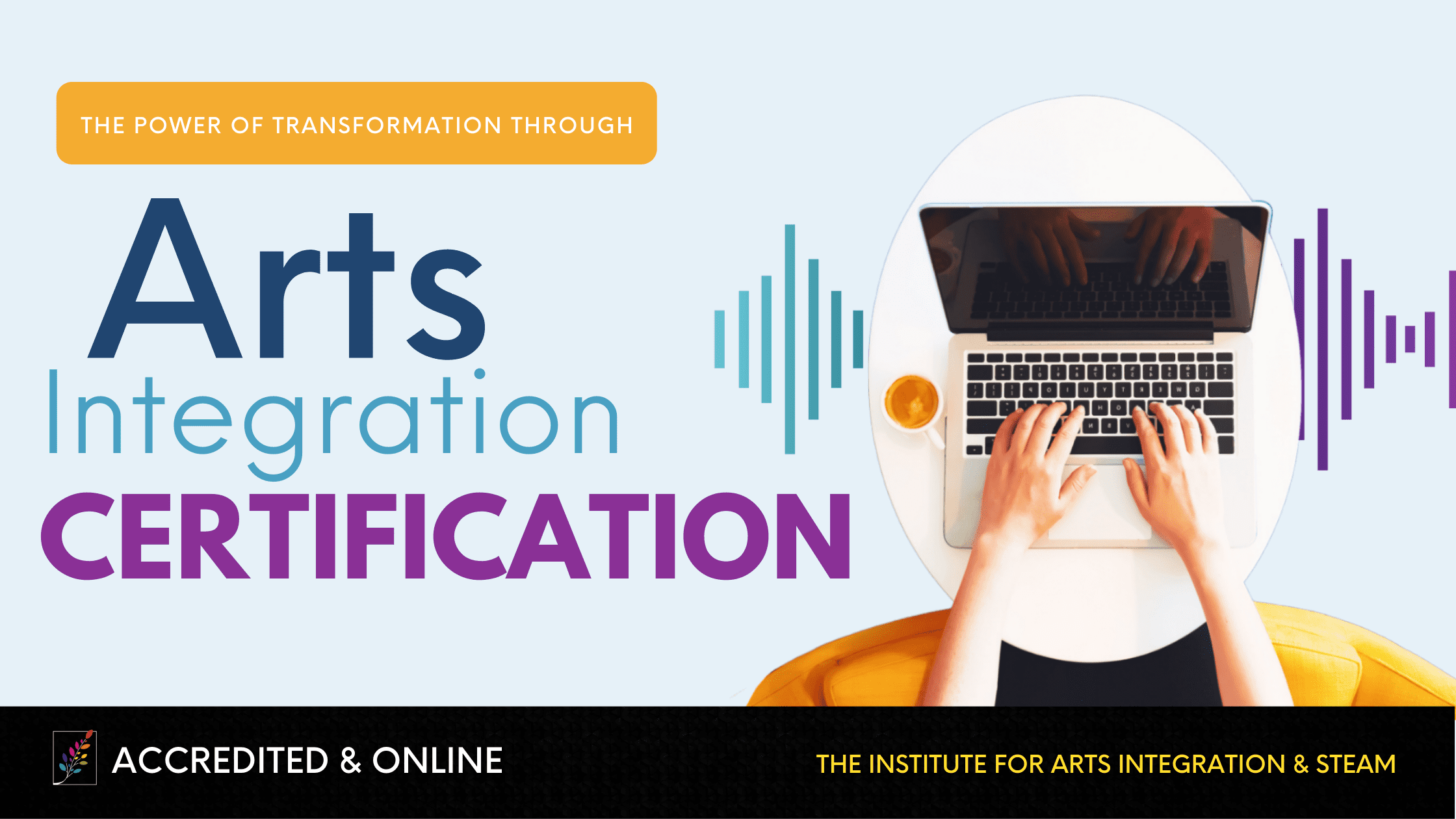Susan Riley | May 2014
Learning How to Advocate for the Arts
One of the greatest misperceptions about arts integration and STEAM is that they take away from “real” arts endeavors. This couldn’t be further from the truth! In fact, as a former general music educator, I am passionate about advocating for the arts in all their glorious technicolored varieties! Arts integration and STEAM are simply approaches which use the arts as access points for learning. In order for either of these approaches to be as successful as possible, a strong arts program must be in place and valued.
That means that arts educators should be spending their time teaching the processes and skills required by their art form, rather than teaching pull-out groups for reading and math. Students must know the skills and processes available to them throughout the arts mediums so that they can apply them to their content area learning throughout the rest of the school day. This kind of shift in how we think about the arts, arts integration and STEAM requires a set of tools that arts educators can use to express this imperative. Simply put, the arts require advocacy!
Still, the word “advocacy” can cause many arts educators to shy away. I think this is because so often, arts educators feel like they either shouldn’t HAVE to advocate for the arts and their programs (after all – reading doesn’t need to advocate for more reading time, right?) or because the image of advocacy in our minds reveals rallies and “selling” in some capacity with which we are not comfortable. We’re teachers, not salespeople. Yet, as Daniel Pink explains in his book, To Sell is Human, we are ALL salespeople and the definition of sales has changed. If we are to move the needle in bringing the arts to the center of education where it belongs, then we must advocate for the arts in its rightful position. As such, we educators need access to and practice with the tools of arts advocacy so that we can become comfortable with shining the spotlight on our programs and developing into arts ambassadors.
Upcoming Arts Advocacy Conference
This is why I was thrilled to learn of this year’s Americans for the Arts National Conference focus on Arts Advocacy, both at the pre-conferene on June 12-13 and at the full conference on June 13-15th in Nashville, TN. This year, there are several conference events which are all aimed at providing us with the tools and resources we need to successfully share the power of the arts in a way that is non-threatening yet very effective. I wanted to share this opportunity with you because I know that for me, I always feel more empowered when I am armed with the knowledge I need to work towards a goal. The ENTIRE pre-conference offered by the Arts Education Council of Americans for the Arts is dedicated to arts advocacy. Check out the exciting events on the 12th and 13th:
- A keynote presentation from the NEA’s Ayanna Hudson
- inspiring case studies from the arts education heroes in Lansing, MI and the Music Makes Us Program in Nashville, TN
- practical workshops with next-day implementable tools for advocacy
There will also be a town hall meeting collectively strategizing about the field’s next steps for advocacy at the local, state and federal level to advance arts education in America, so that you can be part of the process in shaping advocacy’s role in the arts.
The overall conference also offers some incredible sessions that may help all of us “ARTSvocate” for our programs. Here’s the ones that I’m looking forward to the most, along with their descriptors:
Dan Goods on How Art Can Translate Data
How do you use art to explain how a rover lands on Mars? Hear an expert working at the intersection of art, science, and data discuss the role of art in making complex ideas accessible—including ideas about the impact of art itself.
Three Studies that Prove the Power of Art to Change the World
It’s so nice when you can use research to draw a straight line to impact, isn’t it? Hear about three studies—one each in public art, arts education, and presentational art—making policy makers rethink the arts’ impact.
Local Art and Arts Education Reaching Farther through Technology
Technology has the potential to empower small, place-based organizations and substantially broaden their reach, but how do you do this successfully, meaningfully, and without destabilizing? Hear strong examples of LAAs and arts educators harnessing technology to reach farther.
Arts Advocacy Success Stories Happening Right Now
Need a little inspiration about the pay off of other peoples’ perspiration? Check out four LAA advocacy rockstars as they detail their advocacy wins, and give you ideas on how you can bring that success right back home!
Each of these sessions looks like it can provide practical, relevant information that we can all take back and implement right away. Be sure to read more about the specifics and register before May 30th if this is an opportunity that is a good fit for you. So…who’s going to be an artful advocate for the arts this year? Let’s grab our tools, fill our toolkits and get started at building a culture of education where creativity and the arts come first!



